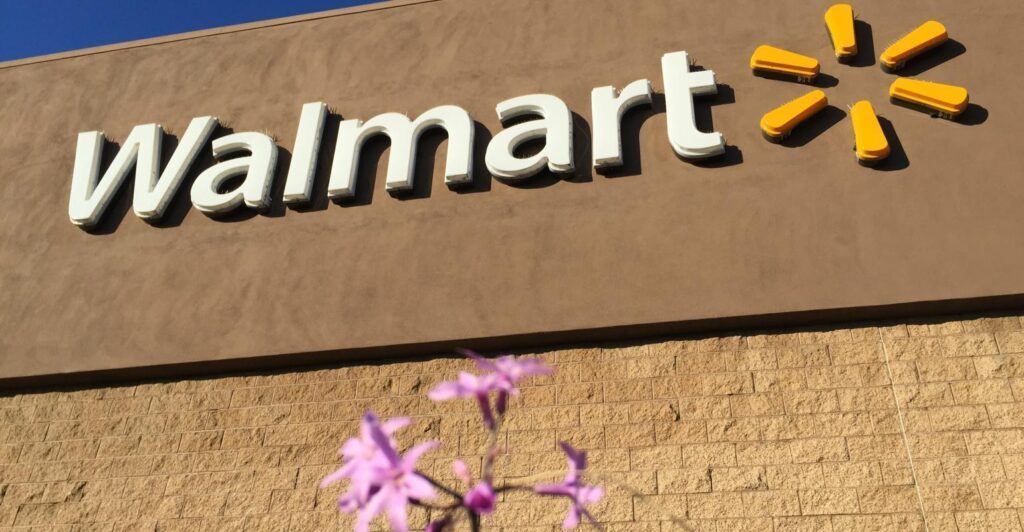Walmart is partnering with Agritask, a crop supply intelligence company, on a pilot aimed at finding a technology solution geared to enable sourcing managers to make more well-informed decisions on seasonal fruit crop yields, the Bentonville, Ark.-based retailer announced on Thursday.
The initiative, in collaboration with Walmart Global Tech’s Sparkubate program, aims to secure surety of supply, reduce food waste, and guarantee fresh produce.
If the pilot is successful, Walmart may use Agritask at scale for a second season.
The pilot will deploy remote-sensing and data analytics tools in various regions in the U.S. and Mexico to provide real-time, hyperlocal insights on seasonal blackberry and cherry crops from Walmart suppliers. The crops were selected due to their high sensitivity to temperature fluctuations and moisture levels, which can affect their growth, quality, transport, and shelf life.
Through real-time monitoring, the collaboration will drive rapid response to adverse environmental conditions to better manage supply and enhance overall produce quality.
Examples of the insights include:
- Immediate alerts on emerging or forming risks and their potential impact on target crops such as an unexpected frost harming a cherry harvest. Walmart would be able to adjust procurement strategies swiftly
- Real-time assessment of timing, delays, or advances in expected harvest, allowing the retailer to proactively manage inventory levels and explore alternative sourcing options
- Updated indications on meeting yield targets throughout the growing season, allowing the retailer to optimize supply chain logistics and ensure sufficient product availability for customers
“Dealing with challenges in purchasing and planning accuracy in agriculture due to data discrepancies and environmental uncertainties can be tough,” said Kyle Carlyle, vice president of sourcing innovation and surety of supply at Walmart, in a statement. “[This] technology has the potential to fill vital information gaps that sourcing managers often face when predicting yield.”


